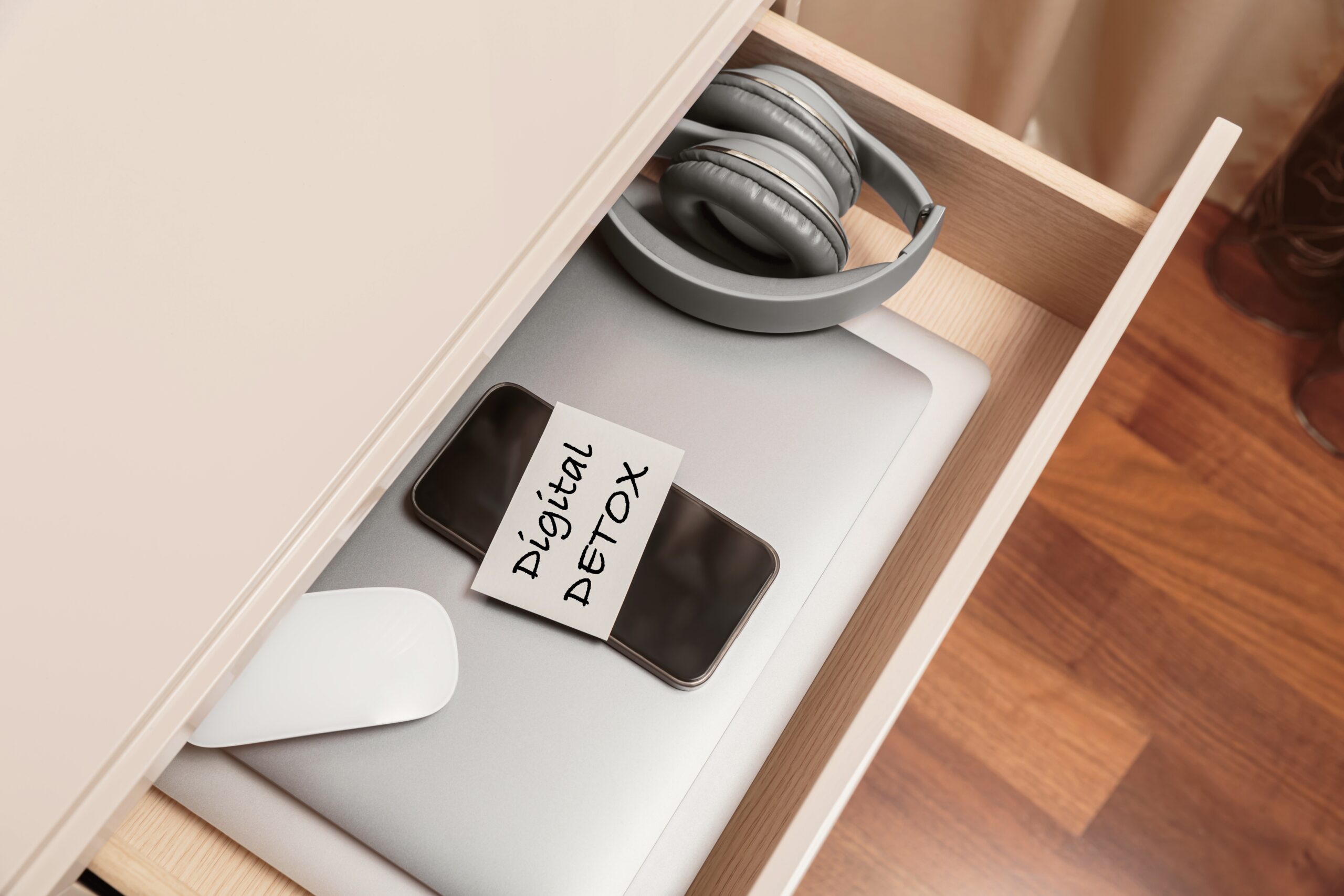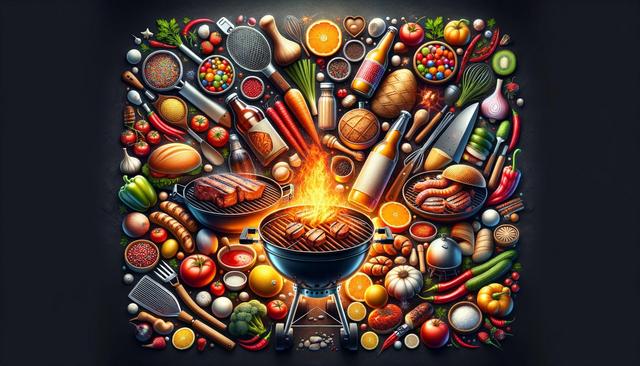Understanding BBQ: More Than Just Grilling
When people talk about bbq, they often imagine sizzling steaks or juicy ribs over an open flame. However, the term ‘bbq’ encompasses a wide range of cooking styles, cultural traditions, and techniques that go far beyond simply throwing meat on a grill. At its core, barbecue is a method of slow-cooking food over indirect heat, often with the help of smoke, to infuse deep, rich flavor into the ingredients. This technique varies widely depending on regional practices, from American Southern smoked brisket to Korean barbecue with marinated meats grilled at the table.
Key elements of bbq include the type of wood used for smoking (like hickory, oak, or mesquite), the cooking temperature, and the duration of the cook. Mastering these variables can elevate your dishes significantly. Whether you’re using a smoker, charcoal, or gas grill, understanding the fundamentals of bbq will help you achieve consistent and flavorful results.
Choosing the Right Grill for Your Needs
There are many types of grills available, and choosing the right one can make a big difference in your cooking experience. The main categories include charcoal, gas, electric, and pellet grills. Each has its advantages and potential drawbacks depending on your personal needs, space, and level of experience.
Here’s a quick breakdown of common grill types:
- Charcoal grills: Known for imparting a smoky flavor, they require more attention and skill but deliver authentic bbq experiences.
- Gas grills: Convenient and easy to use, these are ideal for quick meals and consistent heat control.
- Electric grills: Suitable for indoor or apartment use, with minimal smoke and maintenance.
- Pellet grills: Use wood pellets for fuel, combining ease of use with a smoky flavor profile.
Consider factors like fuel availability, maintenance effort, portability, and cooking capacity when choosing the right grill for your lifestyle.
Essential Tools and Accessories for Grilling Success
Having the right tools can enhance your bbq experience and make grilling more enjoyable and efficient. While a high-quality grill is the centerpiece, accessories can help with safety, control, and even flavor.
Some must-have grill tools include:
- Long-handled tongs and spatulas to handle food safely over high heat.
- Meat thermometers for accurate internal temperature readings.
- Grill brushes for keeping grates clean and ready for use.
- Heat-resistant gloves to protect your hands during cooking.
- Smoker boxes or wood chips to introduce flavorful smoke into your cooking.
Organizing your tools before starting and practicing safe grill habits will make every bbq session smooth and enjoyable.
Popular BBQ Dishes and Flavor Combinations
The world of bbq offers a variety of dishes that appeal to different tastes and dietary preferences. From classic meats to vegetarian options, there’s something for everyone to enjoy. Understanding flavor pairings and marinades can help elevate your grilling game.
Some popular bbq dishes include:
- Slow-cooked ribs with a sweet and tangy sauce
- Grilled chicken with lemon-herb marinade
- Vegetable skewers with balsamic glaze
- BBQ tofu or tempeh for plant-based eaters
- Smoked brisket seasoned with a dry rub
Pair these dishes with complementary sides like coleslaw, cornbread, or grilled corn for a balanced meal. Experimenting with different spice blends, sauces, and marinades can open up new flavor possibilities and keep your bbq menu exciting.
Maintenance and Safety Tips for Your Grill
Proper maintenance and safety practices are essential for extending the life of your grill and ensuring safe cooking sessions. Regular cleaning helps prevent buildup that can affect flavor or cause flare-ups, while safe operation reduces the risk of accidents.
Here are some key tips:
- Inspect your grill regularly for rust, leaks, or worn parts.
- Clean the grates after each use to remove food residue and grease.
- Check fuel lines and connections on gas grills for leaks before lighting.
- Store your grill properly when not in use, especially during off-seasons.
- Never leave a lit grill unattended, and keep a fire extinguisher nearby.
By following these practices, you can enjoy your bbq and grills for years to come, all while keeping safety a top priority.








